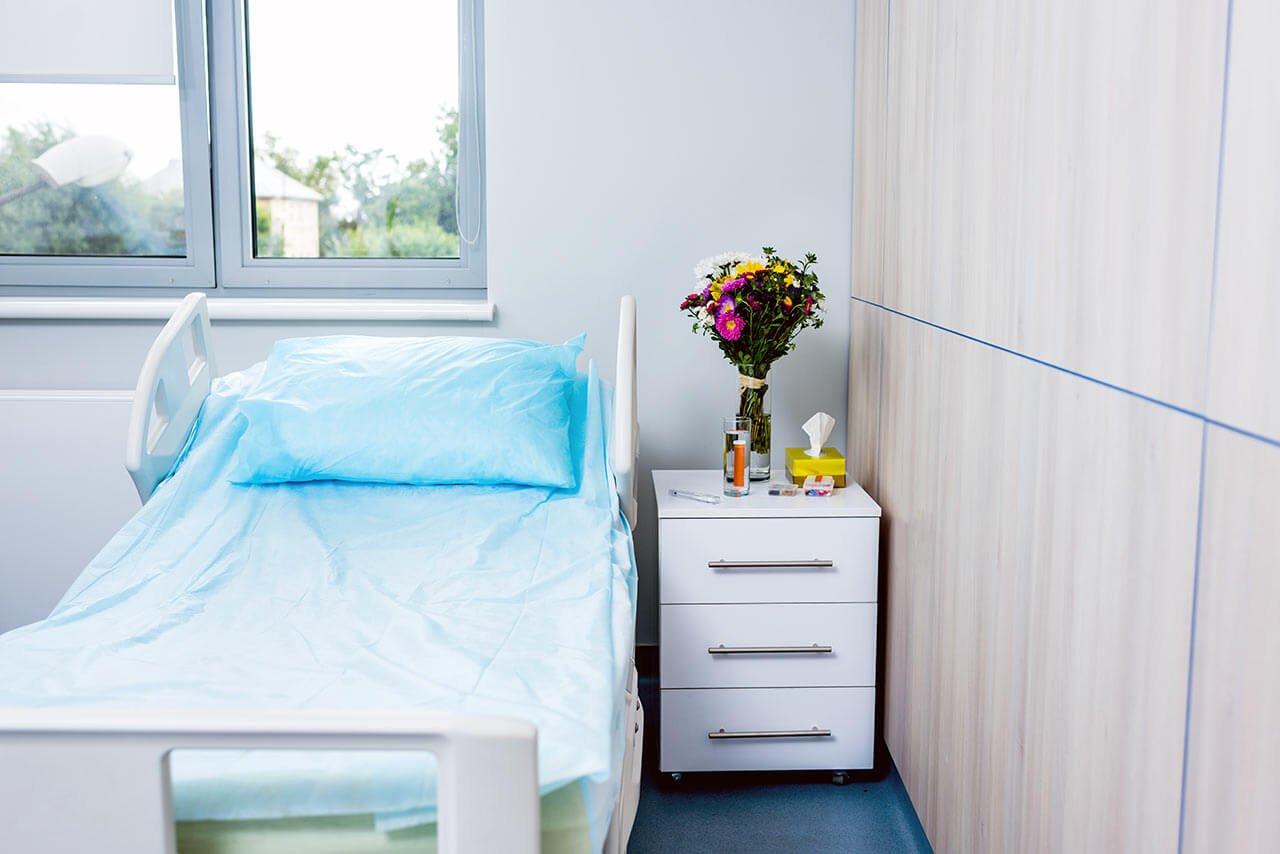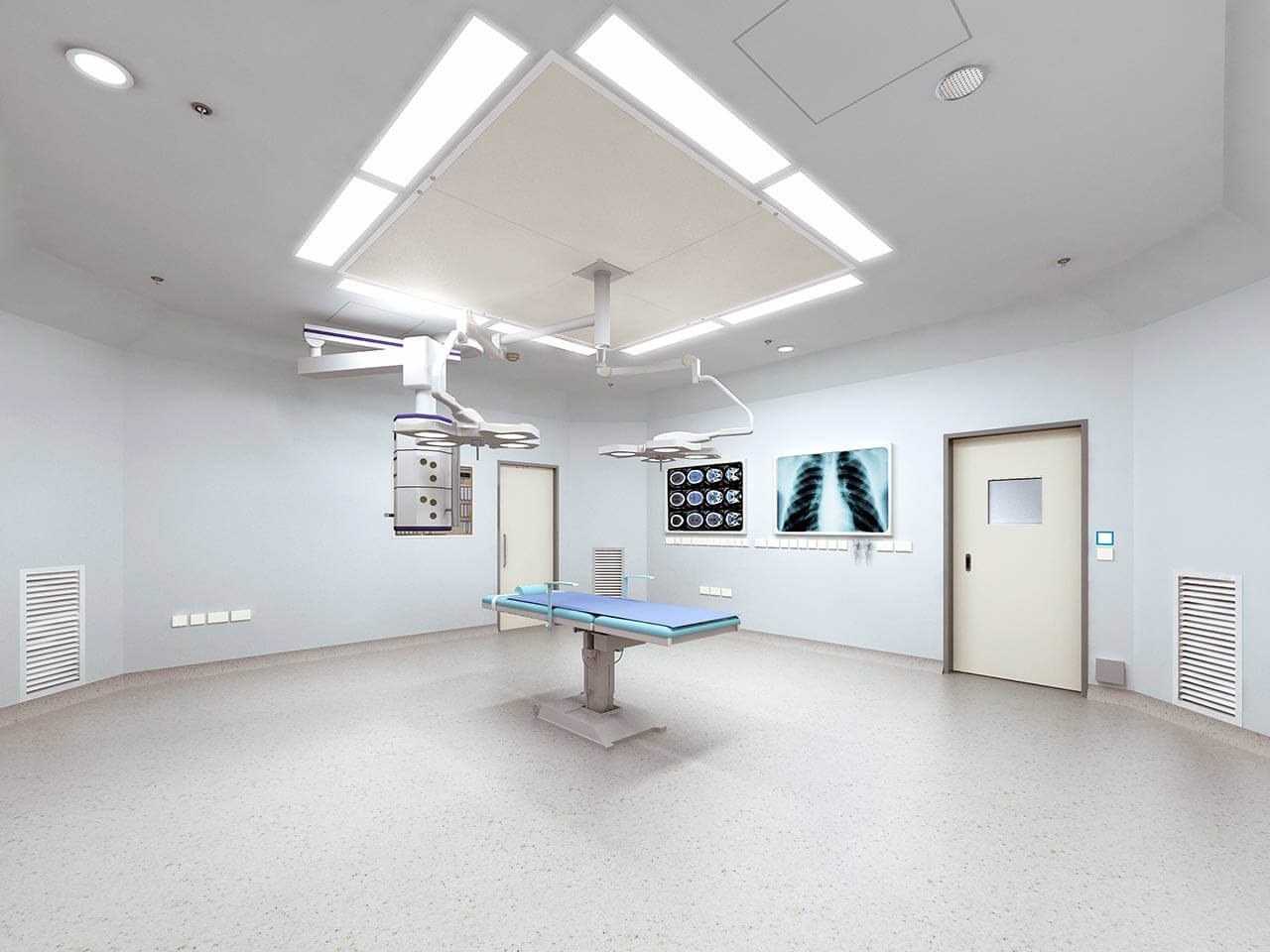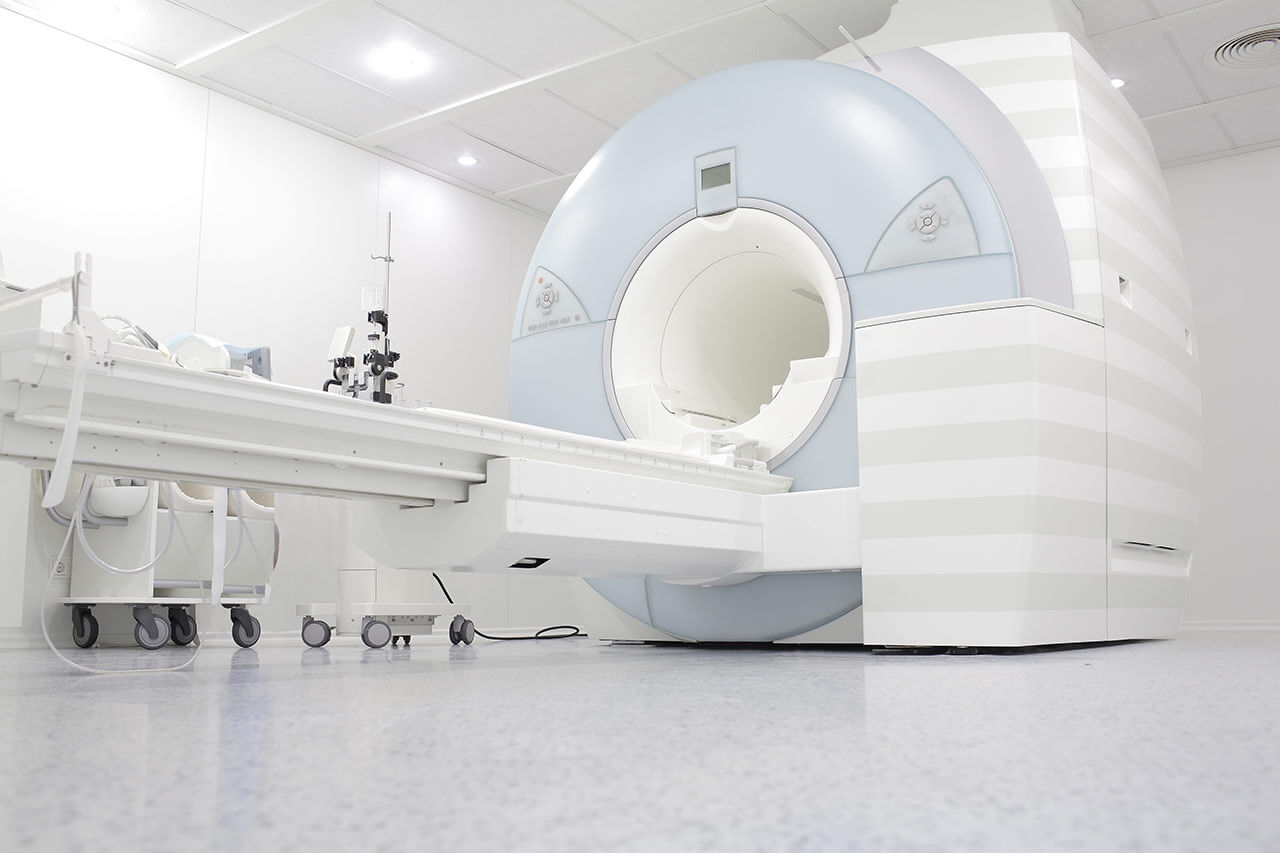
The program includes:
- Initial presentation in the clinic
- clinical history taking
- review of medical records
- physical examination
- laboratory tests:
- complete blood count
- biochemical analysis of blood
- Lipid metabolism (HDL/LDL, cholesterol,
triglycerides Lip(a), homocysteine) - blood coagulation analysis (aPTT, PT, INR)
- inflammation indicators (CRP, ESR)
- metabolic status (uric acid, total glucose, HbA1c)
- cardiovascular disease risk markers
- kidney function test (creatinine, urea)
- color doppler echocardiography
- color doppler sonography of cerebral and peripheral vessels
- duplex of abdominal aortic
- CT/ MRI-angiography of abdominal aortic
- preoperative care
- replacement of abdominal aortic section prothesis
- blood transfusions (if needed)
- 1-day intensive care unit stay
- symptomatic treatment
- control examinations
- the cost of essential medicines and materials
- nursing services
- full hospital accommodation
- developing of further guidance
Required documents
- Medical records
- Ultrasound scan, MR/CT-angiography (if available)
Service
You may also book:
 BookingHealth Price from:
BookingHealth Price from:
About the department
The Department of Diagnostic and Interventional Radiology at the Hospital Neuperlach Munich offers the full range of image-guided diagnostic and interventional therapeutic procedures at the highest level of modern medicine. Medical care can be provided both on an inpatient and outpatient basis. The department's specialists annually perform more than 70,000 diagnostic tests, and therefore they have tremendous experience and guarantee an accurate diagnosis, which determines the success of follow-up treatment. The doctors use in their work a modern picture archiving and communication system, thanks to which the specialists from various departments of the hospital have access to the results of patient's diagnostic examination at any time. The Chief Physician of the department is Prof. Dr. med. Andreas Saleh.
Radiologists have state-of-the-art systems for digital radiography, digital fluoroscopy, sonography, mammography, computed tomography, magnetic resonance imaging, angiography and other examinations. The radiation protection standards are strictly observed in the department's clinical practice. In addition to non-invasive diagnostic tests, the department's specialists also perform invasive diagnostic ultrasound- and CT-guided procedures, including puncture, drainage and biopsy.
In the field of interventional radiology, the department's medical team conducts therapeutic procedures, which allow the patient to avoid open surgery, while guaranteeing high efficiency of treatment. One of the primary focuses of the specialists' work is balloon dilatation and stent implantation for occlusions and stenoses of the vessels in the abdominal cavity, pelvis and lower limbs, stenoses of the carotid and renal arteries. Of particular interest is also the treatment of tumors using radiofrequency or microwave ablation and chemoembolization. In addition, the department's doctors have a special competence in the placement of port systems for chemotherapy and the formation of vascular access for dialysis. The range of services in interventional radiology is also complemented by uterine artery embolization in women.
The department specializes in such diagnostic tests and interventional therapeutic procedures:
- Diagnostic tests
- Digital radiography
- Digital fluoroscopy
- Sonography
- Mammography
- Computed tomography
- Magnetic resonance imaging, including cardiac MRI
- Angiography
- Ultrasound- and CT-guided biopsy, puncture and drainage
- Bone mineral density measurement (densitometry)
- Brain scintigraphy
- Interventional therapeutic procedures
- Embolization to stop gastrointestinal bleeding
- Pain therapy
- Sympatholysis
- Facet joint block
- Nerve root block
- Ganglionic block
- Vertebroplasty
- Radiofrequency and microwave ablation for tumor treatment
- Stereotactic breast tumor marking
- Stereotactic breast puncture
- Uterine artery embolization
- Transarterial chemoembolization of tumors
- Portal vein embolization
- Transjugular intrahepatic portosystemic shunting (TIPSS)
- Removal of foreign bodies from blood vessels
- Embolization for hemangiomas
- Other diagnostic and therapeutic options
Photo of the doctor: (c) München Klinik Neuperlach
About hospital
The Hospital Neuperlach Munich provides modern medical services of the highest quality. The medical center is an Academic Hospital of the Ludwig Maximilian University of Munich, and therefore it can offer its patients innovative diagnostic and therapeutic methods available only in the best German hospitals. The medical complex opened its doors to patients on September 12, 1972 and to this day holds a leading position in the country's medical arena. The medical facility has 500 beds. The highly qualified doctors of the hospital annually admit over 59,000 patients for both diagnostics and treatment, including patients from foreign countries.
The hospital is distinguished by its rich experience and high success rates in conservative and surgical treatment of diseases of the gastrointestinal tract, liver, metabolic disorders, cancers and blood diseases, heart diseases, as well as vascular pathologies. The hospital operates a highly specialized Colon Cancer Center certified by the German Cancer Society. The center is one of the largest medical facilities of this kind in Germany and has advanced therapeutic options for the treatment of life-threatening colon disease. In addition, the hospital provides high-quality obstetric services – more than 1,000 babies are born here annually.
For outstanding achievements in various medical specialties, the hospital was awarded with many prestigious certificates, including the IQM certificate, the DIN EN ISO 9001:2008 certificate, the DGAV certificate as a Competence Center for Liver and Pancreatic Surgery, the DDG certificate of the German Diabetes Society and others. The above mentioned certificates testify to the excellent quality of medical service.
Special attention should be paid to the medical staff of the hospital who have extensive clinical experience and do everything possible to achieve a complete recovery of the patient. During the treatment, both doctors and nursing staff surround the patient with maximum care, support him in every possible way and show a humane attitude. The work of physicians is based on an individual approach to each patient and his clinical case.
Photo: (с) depositphotos
Accommodation in hospital
Patients rooms
The patients of the Hospital Neuperlach Munich live in single, double and triple rooms with all the amenities for a comfortable stay. The patient rooms have a modern and cozy design. Each patient room has an ensuite bathroom with shower and toilet. The furnishings of a standard patient room include an automatically adjustable bed, a bedside table, a wardrobe, a modern multimedia system with a TV and telephone, a table and chairs for receiving visitors. Wi-Fi is also available in the patient rooms.
The patients can also stay in the enhanced comfort patient rooms, which additionally include a safe, a minifridge and upholstered furniture.
The hospital also has a library with a large assortment of books, magazines, CDs and DVDs. In addition, there is a cozy cafe on the territory of the hospital, which offers its guests a variety of delicious snacks, pastries, cakes, ice cream and various drinks. The cafe also has a takeout service.
Meals and Menus
The patient and his accompanying person are offered tasty and healthy three meals a day. All dishes are cooked only from fresh and high quality ingredients. Breakfast and dinner are served buffet style, and the patient can choose the dishes that he likes on his own. For lunch the patient has a choice of three menus, one of which is vegetarian.
If you are on a specific diet for some reason, you will be offered an individual menu. Please inform the medical staff about your dietary preferences prior to the treatment.
Further details
Standard rooms include:
Religion
The religious services are available upon request.
Accompanying person
During the inpatient program, the accompanying person can live with the patient in a patient room or a hotel of his choice. Our managers will help you choose the most suitable option.
Hotel
During the outpatient program, the patient can stay at the hotel of his choice. Our managers will help you choose the most suitable option.





